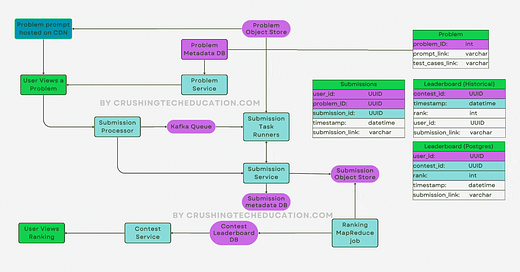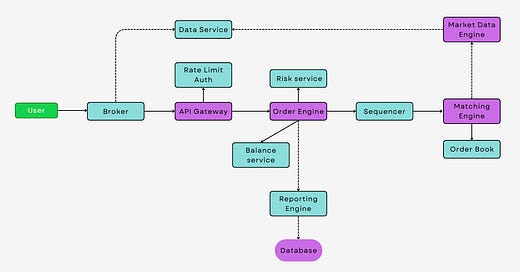
How Do You Measure Your Impact as an Engineering Manager
How do you measure you performance as an engineering manager?
The role of an Engineering Manager is multifaceted, blending technical expertise with leadership qualities. Measuring the impact of an Engineering Manager is crucial for both personal development and organizational growth. Unlike other roles where success metrics are clear-cut, the impact of an Engineering Manager is assessed through a combination of quantitative and qualitative measures. This article explores the various dimensions of an Engineering Manager's role and how their impact can be effectively measured.
1. Project Delivery and Technical Excellence
A fundamental aspect of an Engineering Manager's impact is project delivery. This includes the on-time completion of projects, adherence to quality standards, and innovation in technical solutions. Metrics such as the number of successful project completions, the frequency of critical bugs, and the rate of on-time delivery are tangible indicators of performance. However, it's important to balance these metrics with the quality of technical output. This can be measured through code reviews, system stability, and the implementation of best practices in software development.
2. Team Growth and Development
An Engineering Manager's success is also reflected in the growth and development of their team. This includes nurturing technical skills, fostering a collaborative culture, and ensuring team members are engaged and motivated. Measuring this can be more challenging as it involves qualitative aspects. Regular one-on-ones, team surveys, and feedback sessions are essential tools. Metrics such as employee retention rates, promotion rates within the team, and the number of team members undertaking professional development initiatives can provide insights into this area.
3. Strategic Alignment and Innovation
Engineering Managers play a critical role in aligning technical teams with the broader strategic goals of the organization. Their ability to drive innovation and adapt to changing market demands is crucial. Measuring this involves assessing how well projects align with business objectives, the extent of contribution to product innovation, and the effectiveness of technology roadmaps. Participation in strategic planning sessions and the ability to influence decision-making are key indicators of an Engineering Manager's impact in this area.
4. Stakeholder Satisfaction and Communication
Effective communication and stakeholder management are vital for an Engineering Manager. Their impact is often gauged by their ability to manage expectations, resolve conflicts, and maintain positive relationships with clients, upper management, and other departments. Tools like stakeholder surveys, feedback from cross-functional teams, and the success of interdepartmental projects can serve as measures of an Engineering Manager's proficiency in this area.
5. Personal Leadership and Influence
Lastly, an Engineering Manager's impact is measured through their personal leadership qualities. This includes their ability to inspire, lead by example, and maintain a high standard of ethics and professionalism. Feedback from team members, peer reviews, and self-assessment are important for gauging impact in this domain. Leadership is not just about managing; it's about inspiring and guiding teams towards a common goal.
Conclusion
Measuring the impact of an Engineering Manager is a holistic process that goes beyond traditional performance metrics. It encompasses a blend of project success, team development, strategic alignment, stakeholder satisfaction, and personal leadership qualities. By focusing on these areas, Engineering Managers can not only assess their current performance but also identify areas for growth and development, ultimately leading to sustained success and a meaningful career trajectory.











